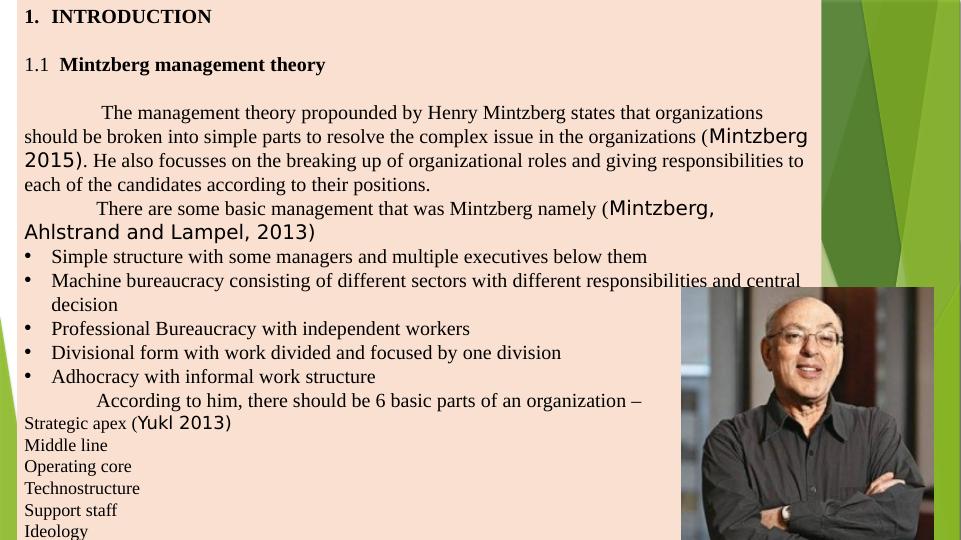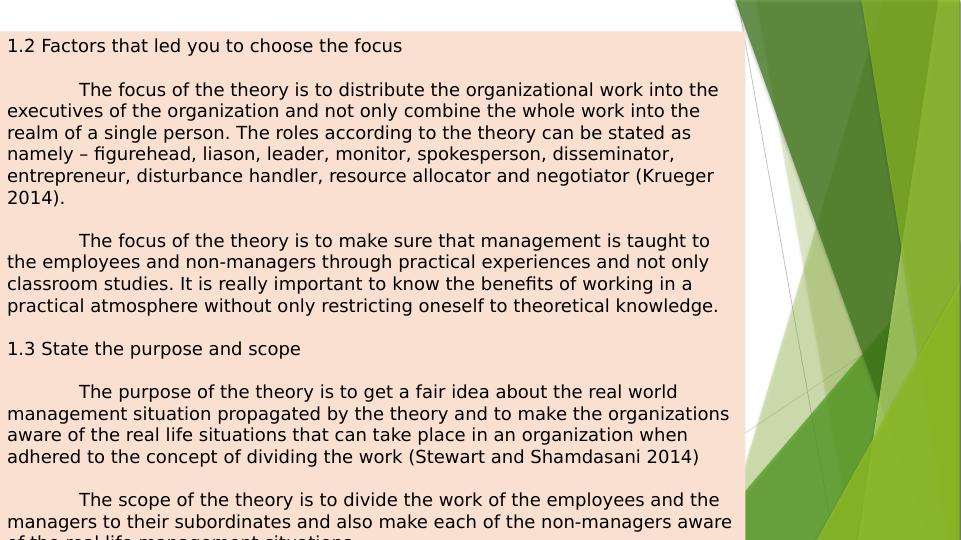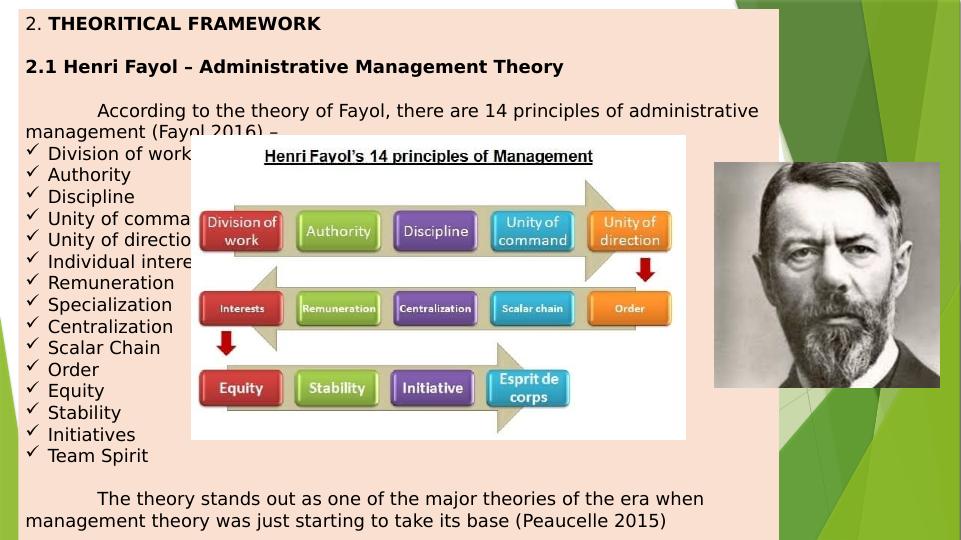Management Theories: Mintzberg and Fayol
Added on 2023-06-11
16 Pages2012 Words494 Views
End of preview
Want to access all the pages? Upload your documents or become a member.
(PDF) Employability Skills Required of Accountants
|12
|3093
|91
Management Theorists Assignment pdf
|6
|1386
|414
BUSM4176 Introduction to Management
|10
|2367
|88
Organizational Structure Assignment 2023
|3
|427
|17
Analysis of Organizational Theory: Scientific Management, Administrative Theory, Bureaucracy Model, and Administrative Behavior
|4
|790
|340
Classical and Scientific Management Theory
|11
|2574
|314




